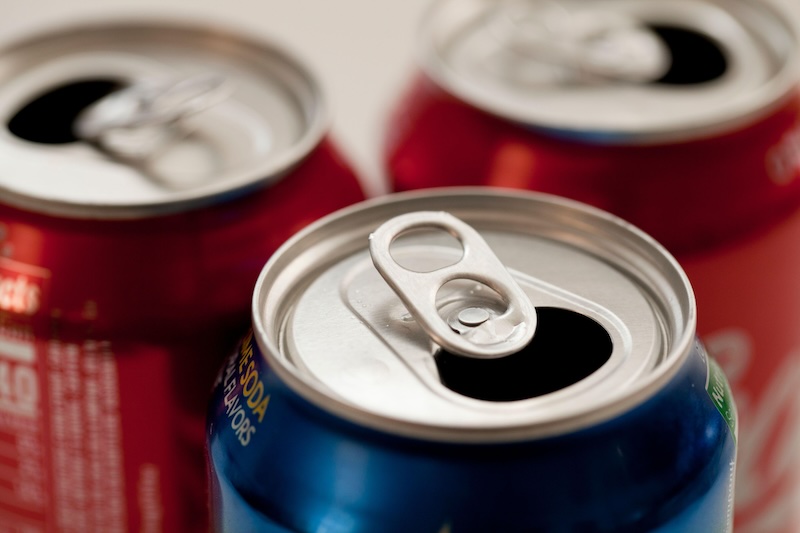
Seattle Election
—Regressive Taxation—
—"Rules for thee, but not for me."—

By Jesse A. James (May 27, 2025)
In 2018, Seattle implemented the controversial Sweetened Beverage Tax, commonly known as the "Sugar Tax" or "Soda Tax." It passed by a vote of 7-1 by the Seattle City Council.
The lone "no" vote belonged to Lisa Herbold, a former District 1 council member, who, to her credit, said the tax was too excessive and targeted the poor (both of which are true), but also wanted to expand the tax to include ALL beverages, even if they contained no sugar!
The tax applies to all beverages sweetened with any form of sugar-based sweetener, including sucrose, glucose, and high-fructose corn syrup. The primary goal of this tax was to reduce the sales and consumption of sugary drinks, thereby improving the health of residents by making these beverages more expensive. However, many argue that it is an overreach of government authority and disproportionately affects lower-income citizens.
Adding to the already hefty 10 percent sales tax on soft drinks in Seattle, the Sugar Tax not only burdens consumers, but also harms Seattle businesses near the city border. Nearby sugar consumers tend to shop at stores outside the city limits when they can to avoid the additional cost.
While city officials claim that the tax is not imposed on consumers, but rather on distributors, the reality is costs are passed onto retailers, who then pass it on to consumers. This means that consumers ultimately bear the brunt of the 1.75-cent (per ounce) tax on sweetened beverages, affecting a wide range of drinks from soda and energy drinks to sports drinks, sweetened teas, and ready-to-drink coffee beverages.
One of the most glaring issues with the Sugar Tax is its regressive nature. Instead of taxing beverages based on their price, the charge is based on the weight of the beverage. As a result, lower-income residents who typically purchase cheaper, generic products end up paying a much higher tax rate on sugary beverages compared to those who buy more expensive, name-brand drinks. (Some bigger bottles of drinks rack up a near 100 percent tax!)
Promotional drinks offer an interesting dilemma, as they are not exempt from the tax, making business have to choose between absorbing the charge, or pass it on to customers, defeating the purpose of a supposedly free drink.
Furthermore, the tax raises concerns about unequal application. Ready-to-drink coffee beverages are subject to the tax, while coffee drinks prepared at shops, including the massive Starbucks, are exempt — even if they contain high amounts of sugar! This exemption unfairly benefits the political elites who enjoy their double-tall grande Frappuccinos, cappuccinos or whatever nome Italiano fitting your fancy.
This highlights a case of "rules for thee, but not for me."
In conclusion, the Seattle Sugar Tax is an unfair burden on citizens that disproportionately affects lower-income individuals and creates dilemmas for businesses. In a city where the cost of living is already a significant concern, it is high time to repeal this poorly-designed and regressive tax once and for all. By doing so, Seattle can take a step towards becoming a more affordable and equitable place to live.
I am the only candidate in Seattle who even speaks of this. I have talked to many people and most either flat-out disapprove of this ridiculous tax, or are just unaware. Vote for me for Seattle City Council Position 8 so we can bring some sense to Seattle, and its tax code.
Jesse A. James lives in Seattle. He serves on Cascade Party board of directors in position 7/9. He has run for US House in the 7th CD. James is also a Rock musician.
(Image: B. Christopher / Alamy)
DONATE


